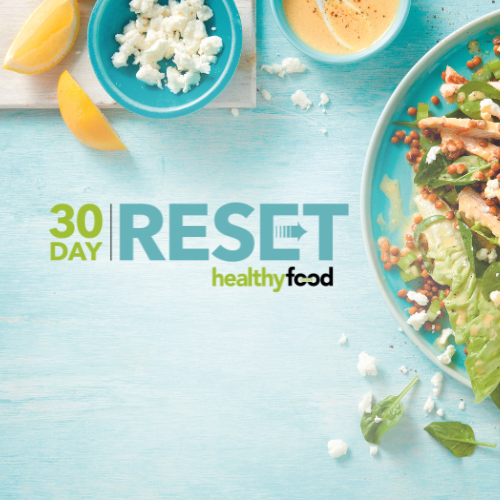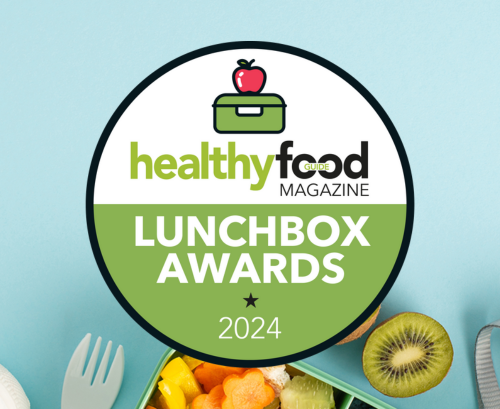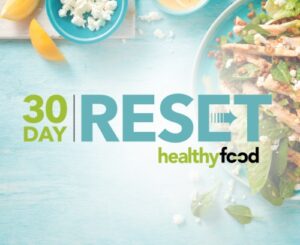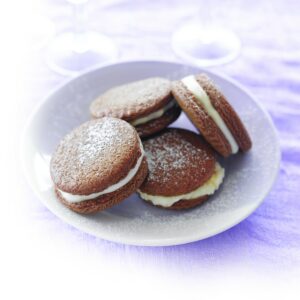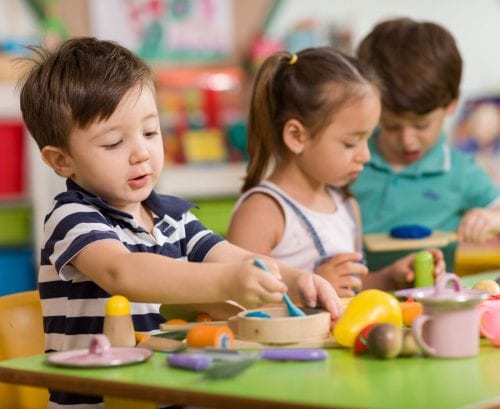
Sugary drinks may negatively affect behaviour and maths scores in preschool boys, according to a new study.
The research, published in Health Economics, found sugary drink consumption didn’t significantly affect girls’ behaviour but, after an initial ‘relaxing effect’, boys became more restless.
The researchers found drinking one sugary beverage also negatively affected boys’ achievement in maths but, interestingly, seemed to have a positive effect on girls’ achievement.
The boys displayed a ‘relaxed effect’ 30 minutes after drinking the sugary beverage and became restless after 45 minutes.
The negative effect on maths ability in boys emerged 60 minutes after the drink was consumed and lasted around two hours.
“Our findings indicate that the consumption of one sugary drink (a sugar dosage equivalent to one can of soda) decreases test scores for boys by 26 per cent of an SD [standard deviation],” the study says.
The researchers argue, given the higher levels of sugary drink consumption in disadvantaged boys, this may be a partial explanation for greater underperformance in children from poor backgrounds when compared with children from advantaged backgrounds.
They say their findings have policy implications regarding the sale of sugary drinks in schools and school dietary guidelines.
“The associated effects on in-class performance have major policy implications, as sugary drinks are still ubiquitously sold in schools and as the consumption of sugary drinks is typically higher among children from low-income households and among boys,” co-author Kristof De Witte, a professor at KU Leuven says.
The study was a randomised controlled trial on 400 preschool children. They were either given a drink with the sugar equivalent of a can of soft drink, or a drink with artificial sweeteners like you would find in a ‘zero sugar’ beverage. Their behaviour was then monitored, and they were given a maths task 30, 45, 60 and 120 minutes after the drink.
Healthy drinks to offer children
Water is the best drink for adults and children. It keeps us hydrated and helps the brain function at its best. Because children are growing and have a higher metabolic rate, they need more water, relative to body weight, than adults.
Caffeine-free herbal tea is another option, if your child would like some variety. Peppermint tea is nice cold or warm and there are some fruit teas that don’t contain sugar and can be consumed cold or warm.
Milk is a great choice for growing kids, too, as it helps them increase their bone density and provides protein, energy and vitamins and minerals. Milk can be filling, though, so offer it after a meal or as a snack.
Children aged five to eight years need around five drinks a day. Nine to 12-year-olds need about seven drinks a day and kids over 13 need eight to 10 drinks a day.
Article sources and references
- Schiltz, F., & De Witte, K. (2021). Sugar rush or sugar crash? Experimental evidence on the impact of sugary drinks in the classroom. Health Economics, 1– 19. https://doi.org/10.1002/hec.4444https://onlinelibrary.wiley.com/doi/10.1002/hec.4444
- Scimex, 3 November 2021.Sugary drinks impact girls and boys differently in preschool. Accessed November 2021https://www.scimex.org/newsfeed/sugary-drinks-impact-girls-and-boys-differently-in-preschool
- Health Direct. Hydration tips for children. Accessed November 2021https://www.healthdirect.gov.au/hydration-tips-for-children
- Health Navigator. Drinks for kids. Accessed November 2021https://www.healthnavigator.org.nz/healthy-living/d/drinks-for-kids/
www.healthyfood.com




